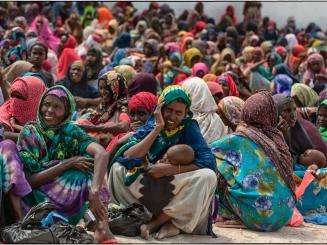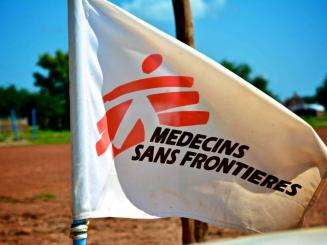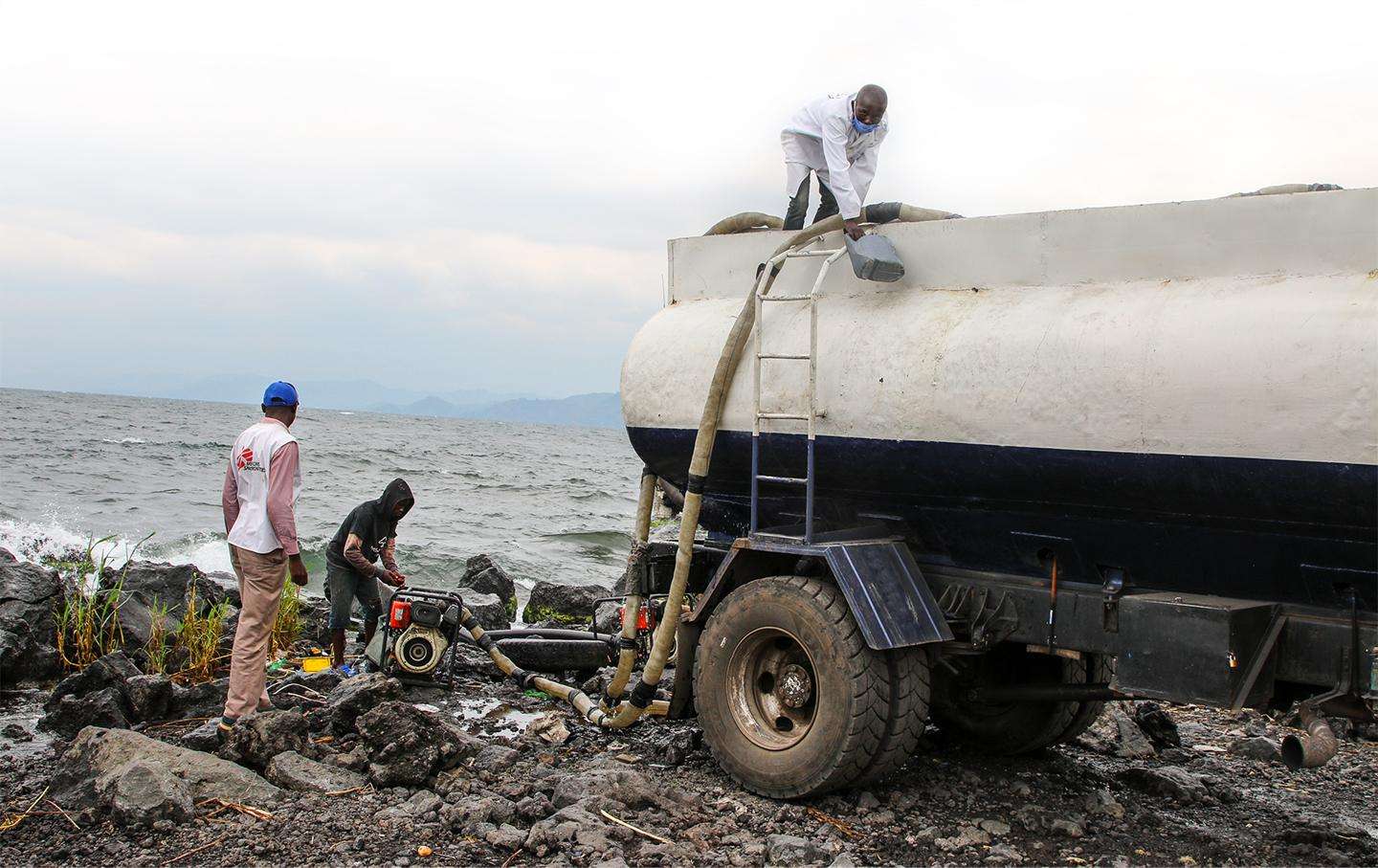Gaza: As threat of Rafah ground invasion looms, “silent killings” continue
News Apr 29, 2024
Get the latest news, stories, videos, and more from our medical humanitarian projects around the world.
Speaking out about the emergencies our staff and patients witness is part of who we are. Explore our history and principles.
Research | Apr 06, 2012
MSF ran medical projects in 22 different locations in south-central Somalia, the epicenter of the crisis
Read More
Research | Mar 01, 2010

Research | Nov 14, 2006


Your unrestricted gifts enable us to provide lifesaving medical humanitarian care on the ground and speak out about what we see.